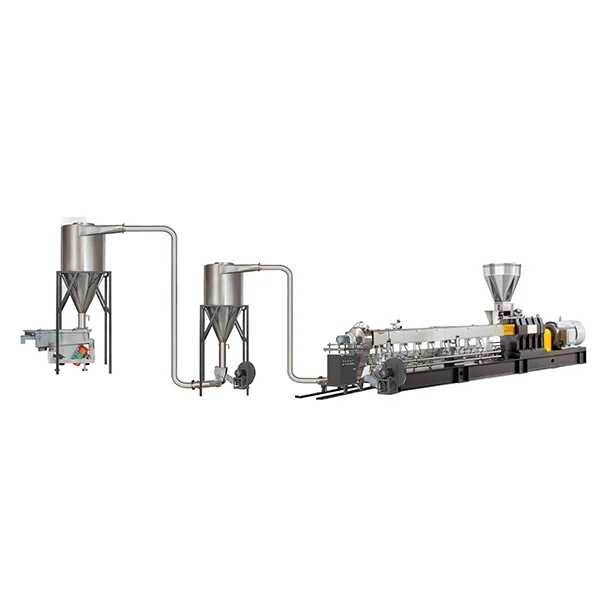
In the intricate web of life, our bodies rely on a complex transport system to ensure the smooth functioning of various physiological processes. From the smallest cells to the largest organs, this transport system plays a pivotal role in maintaining homeostasis and enabling life-sustaining functions. In this article, we delve into the reasons why we need a transport system in our body, exploring its multifaceted nature and shedding light on its significance in our overall well-being.
- Efficient Nutrient and Oxygen Delivery:
The transport system in our body, primarily facilitated by the circulatory system, ensures the efficient delivery of vital nutrients and oxygen to every cell. Through the network of blood vessels, nutrients from the digestive system and oxygen from the respiratory system are transported to the cells, providing them with the necessary fuel for energy production and cellular processes. This constant supply is crucial for the proper functioning and survival of our cells. - Waste Removal:
Just as important as nutrient delivery is the removal of waste products generated by cellular metabolism. The transport system aids in the elimination of carbon dioxide, urea, and other waste materials from the cells, preventing their accumulation and potential toxicity. The circulatory and excretory systems work in tandem to remove these waste products, ensuring the maintenance of a healthy internal environment. - Hormonal Communication:
The transport system also serves as a conduit for hormonal communication throughout the body. Hormones, chemical messengers secreted by various glands, travel through the bloodstream to reach their target organs or cells. This intricate signaling network regulates numerous physiological processes, including growth, metabolism, reproduction, and immune responses. Without an efficient transport system, the coordination and regulation of these processes would be severely compromised. - Immune System Support:
The transport system plays a crucial role in supporting the immune system's defense mechanisms. White blood cells, the soldiers of our immune system, travel through the bloodstream to reach sites of infection or injury. This allows them to identify and neutralize pathogens, promoting healing and protecting our bodies from harmful invaders. Additionally, the transport system aids in the distribution of antibodies and other immune components, enhancing our overall immune response. - Temperature Regulation:
Maintaining a stable body temperature is essential for optimal cellular function. The transport system, particularly the circulatory system, helps regulate body temperature by redistributing heat throughout the body. When we are exposed to cold temperatures, blood vessels constrict to conserve heat and prevent excessive heat loss. Conversely, in hot conditions, blood vessels dilate, allowing heat to dissipate through the skin. This thermoregulatory mechanism ensures our cells operate within an optimal temperature range.
Conclusion:
The transport system in our body is a marvel of intricate coordination, enabling the seamless communication and functioning of our cells, tissues, and organs. From nutrient delivery to waste removal, hormonal communication to immune system support, and temperature regulation, its significance cannot be overstated. Understanding the complexities and importance of this transport system allows us to appreciate the remarkable mechanisms that sustain our bodies and underscores the need for its proper care and maintenance.


